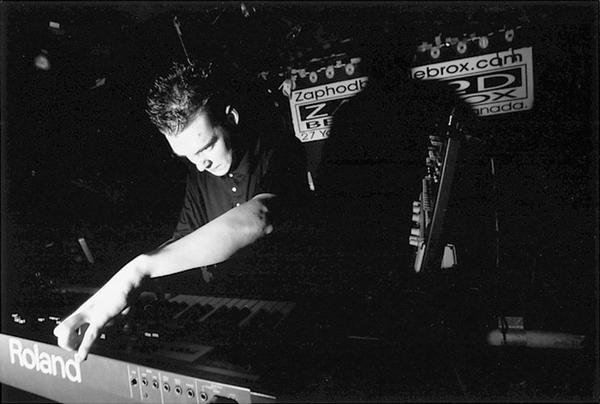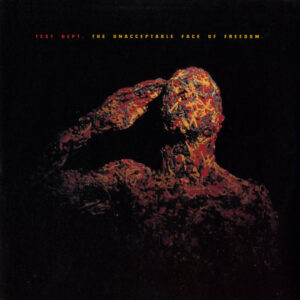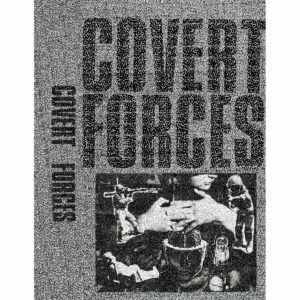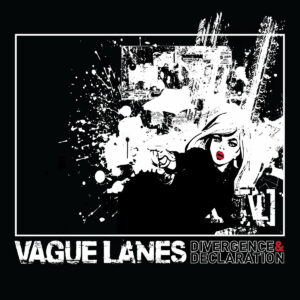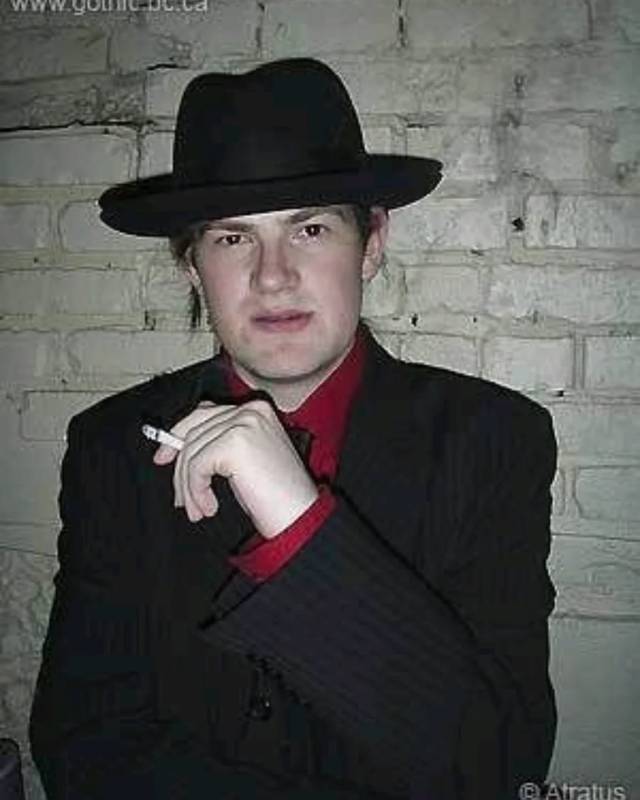Observer: alienobserver &

alienobserver
Metamorphosis
popnihil
Coming on the heels of a debut single last year, alienobserver’s first EP makes for a charming and considered slice of electro-pop with some airy touches of classic ethereal releases and a hint of modern darkwave. Blending sampled vocals and twinkling synths in the foundations of her tracks, the Orlando-based Meg Campbell uses a light touch to make a real impact on four brief pieces which put her hushed but clear and affecting squarely in the spotlight. Despite having the sort of range and delivery often used to hover in pure atmospherics, there’s tightly crafted songsmithing on Metamorphosis, from the warm summer drizzle of “You Got Me”‘s downward meandering harmonies to the straightforward lilting nod of “Kerosene Autonomy”. Campbell’s wounded delivery on “Heart Beats” recalls lesser known dreampoppers from generations past like Sully and Claire Voyant, while the subtle and classy string stabs in it point to sharp pop instincts of a broader cast. Understated doesn’t have to mean underwritten, and you’ll likely be pleasantly surprised by how addicting and easy to listen to alienobserver’s statement of arrival is.
Metamorphosis by alienobserver

WLDV
Primigenium EP
self-released
Spanish producer WLDV has made a regular habit of releasing short EPs every year or so, usually featuring a specific musical and thematic concept. Primigenium is a bit rougher-edged and more crunchy, as befits its subject matter, namely man’s primal instincts and the defiance of self-imposed order. The record’s two main tracks approach this in different fashion, each a mini-treatise of sorts: “Abomination” is more akin to the cinematic and giallo-horror styled vibe of WLDV’s classic material, with bright leads and spooky pads, but layers extra distortion and saturation to its percussion, the dialogue samples repeated and manipulated until the words start to lose coherence and become unnervingly guttural. In contrast “Nether Void” feels like an entirely new avenue for the project, a percussion driven vocal track that recalls Dive and early Synapscape, a slow-rolling distorted rhythm guiding its processed vocal down empty corridors, awash with metallic reverberation. Bookended by two complimentary short pieces that presage and summarize the use of space and harsh sonics, it’s as complete a statement as WLDV has made in the format.
WLDV – Primigenium EP by WLDV
The post Observer: alienobserver & appeared first on I Die: You Die.


